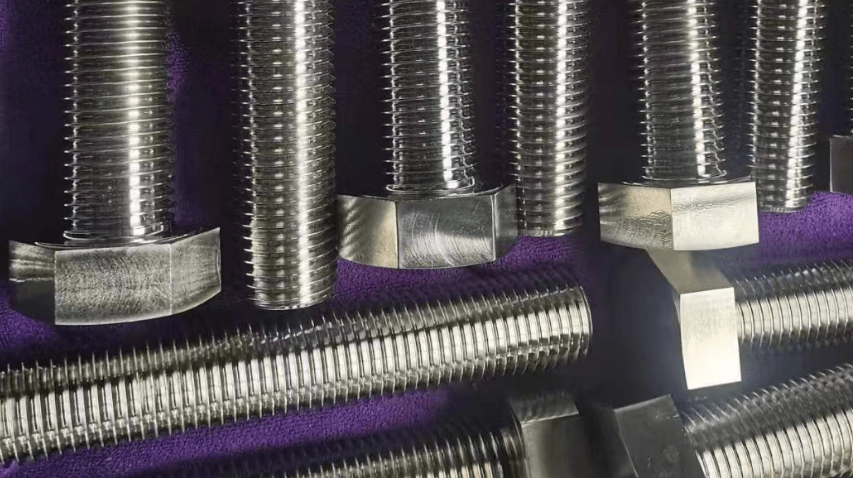As a seasoned expert in the field of metallurgy from Huaxiao Alloy, I have spent years studying and analyzing various metal alloys, their properties, and applications. Among the alloys that have captured my interest are Monel 400 vs 405. Both alloys belong to the Monel family, which is known for its excellent corrosion resistance and mechanical properties. However, despite their similarities, there are crucial differences between Monel 400 and Monel 405 that are essential to understand when selecting the right material for a particular application.

Monel 400 vs 405 – What’s the Difference?
Monel 400 vs 405 – 1. Definition
Monel 400 is a nickel-copper alloy with a high nickel content, typically around 63% to 67% by weight. This high nickel content gives Monel 400 its exceptional corrosion resistance, particularly in reducing environments containing acids, alkalis, and saltwater. It is also resistant to attack by various gases, including ammonia and hydrogen sulfide. Furthermore, Monel 400 is highly ductile and tough, allowing it to be easily formed and welded into various shapes and sizes.
On the other hand, Monel 405 is a nickel-copper alloy with a slightly different composition. It contains a higher percentage of copper and a lower percentage of nickel compared to Monel 400. This compositional difference gives Monel 405 its unique set of properties. It offers good corrosion resistance in certain oxidizing environments and has better mechanical properties than Monel 400. However, it is less resistant to reducing environments and certain acids.
Monel 400 vs 405 – 2. Corrosion Resistance
One of the key differences between the two alloys lies in their corrosion resistance. Monel 400 excels in resisting corrosion in reducing environments, such as those containing acids and saltwater. It is often used in marine applications, chemical processing, and other industries where exposure to corrosive media is common. On the contrary, Monel 405 performs better in oxidizing environments but may not be suitable for applications involving reducing acids or saltwater.
Monel 400 vs 405 – 3. Mechanical Properties
Another difference is in their mechanical properties. Monel 405 typically exhibits higher strength and hardness than Monel 400, making it more suitable for applications that require increased structural integrity. However, it should be noted that the ductility and toughness of Monel 400 make it easier to form and weld, which can be an advantage in certain applications.
Monel 400 vs 405 – 4. Welding
Both Monel 400 and Monel 405 can be welded using similar techniques, but the welding parameters and post-weld heat treatment requirements may differ due to their compositional differences. It is crucial to consult the appropriate welding guidelines and procedures to ensure optimal weld quality and corrosion resistance.
Monel 400 vs 405 – 5. Cost
In terms of cost, Monel 400 is generally more widely available and may be more cost-effective in large-scale applications. However, the choice between the two alloys should primarily be based on the specific requirements of the application, including the corrosive environment, mechanical properties, and formability.
Conclusion
In conclusion, Monel 400 and Monel 405 are both excellent alloys with unique properties and applications. Monel 400 excels in corrosion resistance in reducing environments and offers good ductility and toughness, while Monel 405 provides better mechanical properties and corrosion resistance in oxidizing environments.
Thank you for reading our article and we hope it can help you to have a better understanding of the differences between Monel 400 vs 405. If you are looking for Monel 400 & Monel 405 Alloy suppliers online now, we would advise you to contact Huaxiao Alloy.
As a leading supplier of high-temperature alloys from Shanghai China, Huaxiao Alloy provides customers with high-quality Monel 400 Alloy, Monel 405 Alloy, Monel 500, Inconel 602 Alloy, Hastelloy S Alloy, Inconel Alloy 600, Inconel Alloy 601, Inconel 625 UNS N06625, Hastelloy B3 (UNS N10675), Hastelloy D205, Hastelloy G30 (UNS N06030), and Hastelloy C-2000 at a very competitive price.



